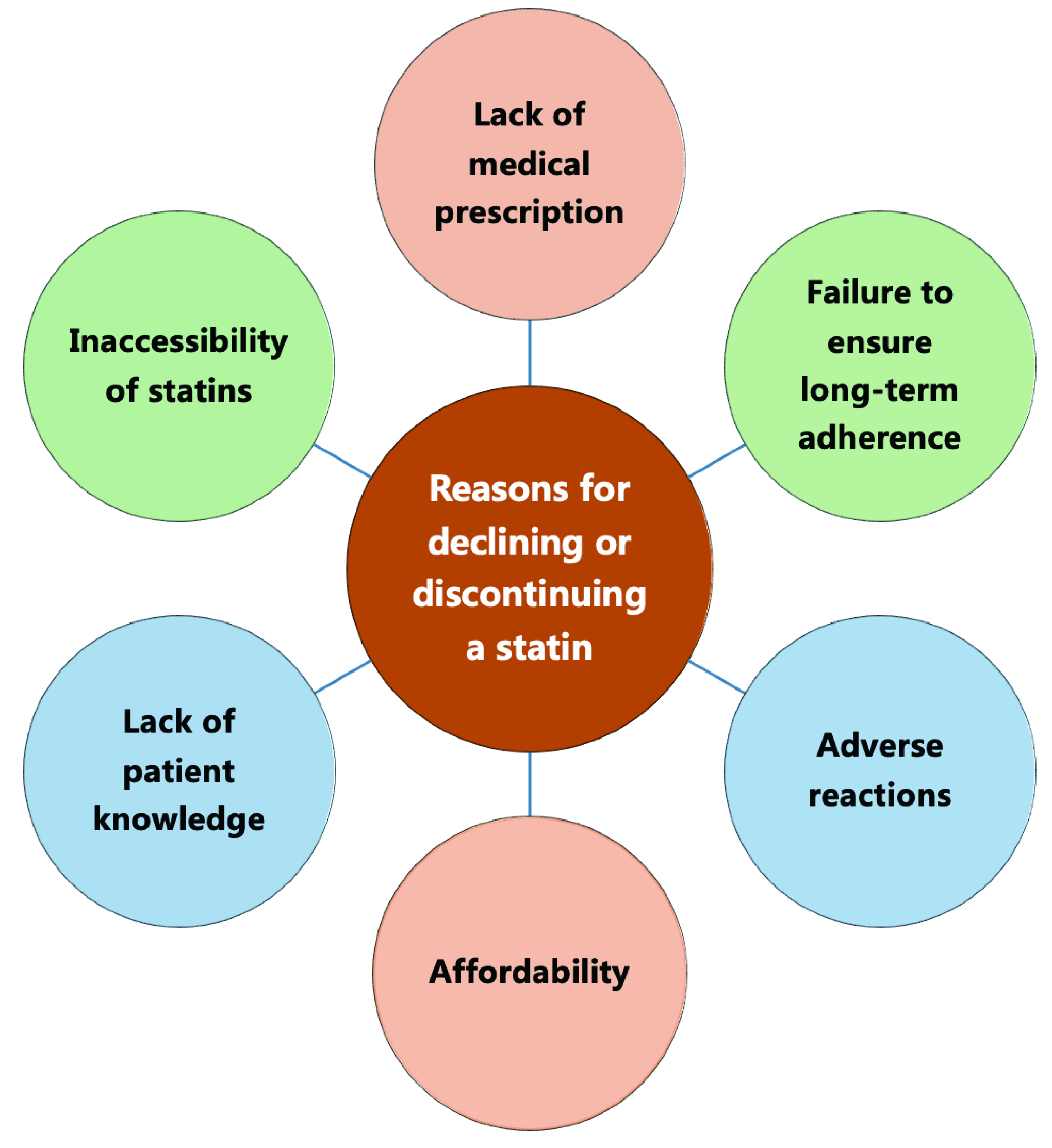
As a practicing internist and lipidologist, I have been instilled with the belief in the cholesterol hypothesis for a long time. Statins weren’t simply suggested; they were regarded as gospel. Lower LDL, save lives. That mantra echoed in every lecture, conference, and guideline committee.
Yet, similar to many medical dogmas, the flaws are evident if one chooses to see. Among the most troubling flaws are found in a collection of randomized trials that seldom receive acknowledgment in the statin discourse.
These are the overlooked trials. Excluded from the frequently referenced meta-analysis by Silverman et al, they narrate a tale that should alarm any clinician who still habitually reaches for a statin prescription.
The startling statistics
– In the EXCEL trial, all pravastatin dose groups (20, 40, and 80 mg/day) experienced more CHD deaths compared to placebo.
– For instance: 0.50 percent vs 0.20 percent CHD mortality, resulting in a 150 percent relative risk increase for patients on pravastatin.
– In DEBATE, the mortality rate was higher among statin users: 18.1 percent vs 17.4 percent total deaths, and CHD deaths were also worse (7.5 percent vs 6.0 percent).
– In GISSI-HF, rosuvastatin failed to lower death rates in heart failure patients. In fact, total mortality was 28.75 percent vs 28.13 percent, representing a 2.2 percent relative risk increase with Crestor.
– SEAS and CORONA did not perform any better: a slight increase in mortality on the drug side, with no signal of saving lives.
Then comes the kicker: IMPROVE-IT, the largest disregarded trial, involving around 18,000 post-ACS patients. Adding ezetimibe to simvastatin lowered LDL slightly but had no effect on total mortality (13.40 percent vs 13.56 percent).
Placebo as the “superior choice”
To put it plainly: In these investigations, placebo performed equally well, if not better, than statins regarding patient survival. None demonstrated a distinct decrease in all-cause mortality. Some even indicated the contrary: more deaths associated with the drug.
This is not the narrative the public, or many of our colleagues, encounter. Instead, statins are marketed as life-savers, while the uncomfortable reality is that in several large, well-conducted trials, they failed a fundamental test: extending life.
Why were we not informed?
Why were these trials brushed aside? Why do guidelines and meta-analyses highlight a selective interpretation of the evidence, while disregarding studies that contradict the narrative?
The explanation, of course, is financial. Billions of dollars, high-revenue drugs, careers, reputations, all on the line. It is far simpler to suppress inconvenient findings than to face them.
A message to my peers
I am not suggesting never to prescribe a statin. However, I am asserting that we owe our patients the truth:
– The proof that statins save lives is significantly less solid than advertised.
– Some trials indicate the opposite, that patients may actually have worse outcomes on the drug than on placebo.
– Yet we persist in prescribing them reflexively, as if they were vitamin supplements.
At the very least, we must cease pretending that the cholesterol hypothesis is settled science. If anything, these overlooked trials should compel us to reconsider whether lowering LDL is indeed the correct objective.
If you want to live
It may seem radical, but here is what the data indicates: If you wish to live longer, in trial after trial, placebo was the better option compared to the statin.
That should give each of us reason to reflect.
Larry Kaskel is an internist and “lipidologist in recovery” who has practiced medicine for over thirty-five years. He runs a concierge practice in the Chicago area and is part of the teaching faculty at the Northwestern University Feinberg School of Medicine. Additionally, he is affiliated with Northwestern Lake Forest Hospital.
Prior to the rise of podcasts in mainstream culture, Dr. Kaskel hosted Lipid Luminations on ReachMD, where he created a library of more than four hundred programs with leading figures in cardiology, lipidology, and preventive medicine.
He authored Dr. Kaskel’s Living in Wellness, Volume One: Let Food Be Thy Medicine, works that blend evidence-based medical practice with accessible strategies for enhancing healthspan. His current endeavors focus on reassessing the cholesterol hypothesis and exploring the infectious origins of atherosclerosis. More information is available at larrykaskel.com.